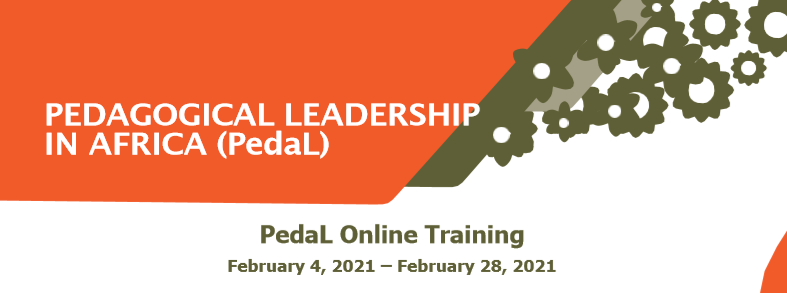
Job Title: Senior Finance Officer
Reporting to: Head Finance and Core Administration
Application: Wednesday, March 3, 2021
The Senior Finance Officer (SFO) will support the Head of Finance and Administration to ensure delivery of the PASGR financial and administrative mandate. S/he will serve PASGR as the vital link between programmes, donors, Sub grantees and operations. In doing so, s/he will provide financial management, facilitate the flow of funds, support contracting, and apply operational expertise for the effective coordination of programmes, projects and cost centres. The SFO will also enforce financial control measures that ensure PASGR financial integrity and accountability to all stakeholders.
Key Roles and responsibilities
1. Budgeting and Budgetary Controls:
- Prepare timely and accurate project budgets in conformance with the organisation and donor requirements/formats.
- Undertake rigorous budget management and monitoring over the period of project implementation by ensuring proper tracking of expenditures against approved budgets.
2. Financial Reporting
- Ensure all project cost expenditures are supported by adequate documentation in line with statutory, organisational and donor requirements;
- Ensure real-time posting of all cost budgets and financial transactions into the financial system for the purposes of generating accurate budget versus actual reports for use in decision-making;
- Ensures timely and accurate preparation and submission of financial reports related to programmes/projects to management and donors based on the contractual expectations;
- Manage any specific donor reporting requirements such as match-funding/co-financing in order to meet the donor expectations without adverse effect to the organisation;
- Support in audit preparations and ensure the complete implementation of audit recommendations;
- Ensures timely and accurate preparation of reconciliations relating to bank accounts, partners’ accounts or other accounts as assigned.
3. Procurement, Sub-granting and Payments
- Ensures efficient preparation and management of outgoing grants and contracts, including review of sub-grantee financial reports and timely posting into the financial system;
- Undertakes assessments of existing and potential partnerships to identify and determine the mitigating measures that should be put in place;
- Jointly with the supervisor, develops capacity enhancement plans to address noted areas of concern in the sub-grantee control environment;
- Closely monitor the performance of sub-grantees and provides training as and when required. Undertakes field monitoring visits to sub-grant offices for training or a physical review of documents vis-à-vis reports
- Compile and verify requests for direct payment and/or advance relating to programme activities;
4. Other Skills and Requirements
- Be a self-starter with strong organizational skills
- Good leader, team player with people management skills
- Excellent interpersonal skills and the ability to communicate effectively at all levels (written and verbal).
- Have an affinity with the vision, mission of PASGR and adhere to PASGR values.
Minimum qualifications and experience
- Bachelor’s degree in a Business field such as accounting, finance, strategic management, business, economics with CPA (K) / ACCA and a member of a professional body in good standing. Those with masters degree are highly encouraged to apply.
- Minimum of 7 years of experience in programme/projects finance and accounting & reporting, within an international not for profit organization with complex donor requirements.
- Knowledge of accounting software preferable Serenic Navision.
- Effective skills and experience in sub-grant management will be an added advantage.
Application Process
Applications must be submitted electronically via email to PASGR (recruitment@pasgr.org) by Wednesday, March 3, 2021 at 1700hrs. All applications must contain Curriculum Vitae and 3 references.
PASGR is an Equal Opportunity Employer.
